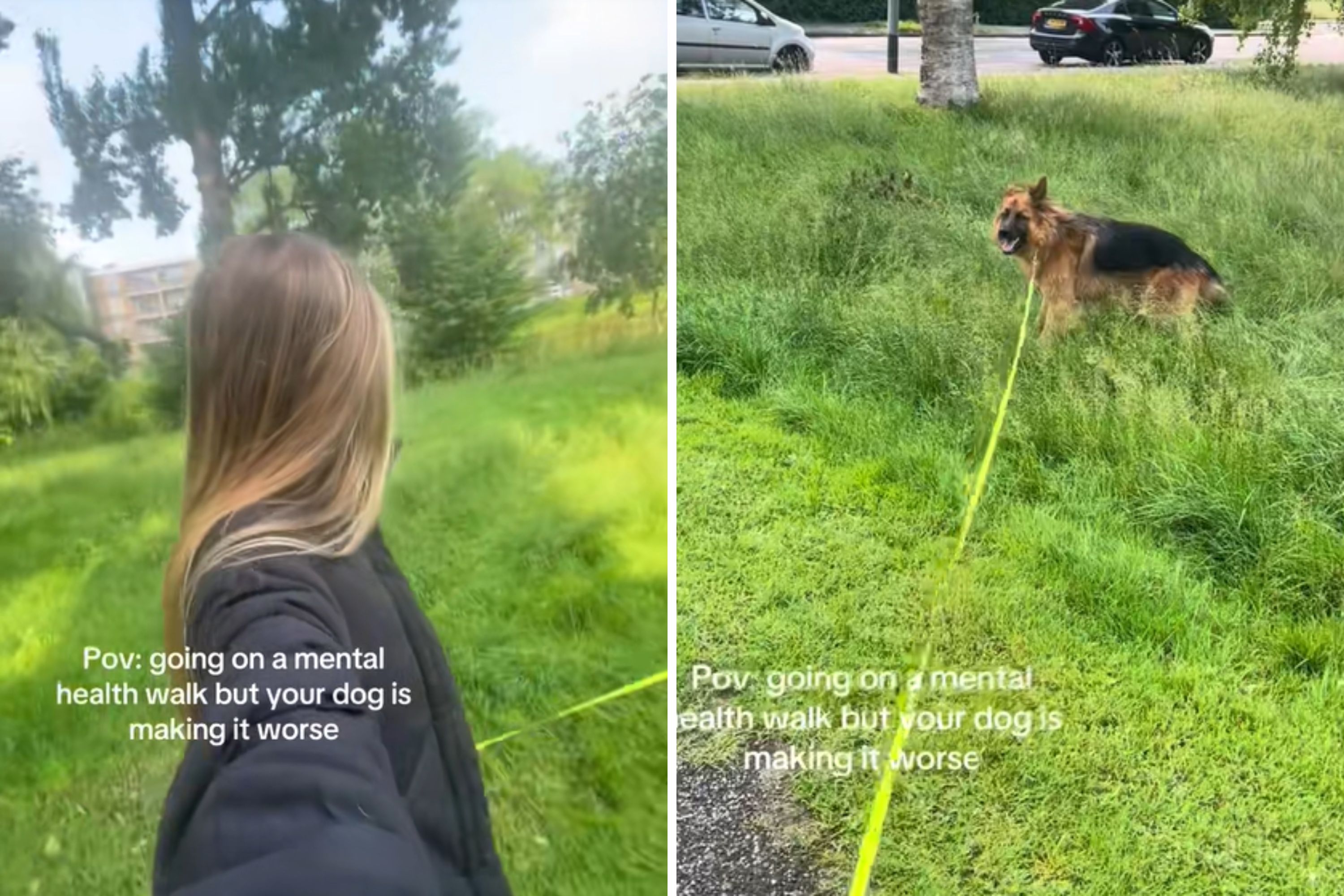Cannabis Use in Seniors: Emerging Health Risks and What You Need to Know

As Canada's population ages and cannabis legalization continues to reshape the landscape, a concerning trend is emerging: increased health risks associated with cannabis use among seniors. Recent research is shedding light on this issue, revealing a rise in cannabis-related emergency room visits and hospitalizations within the older adult demographic. This isn't about demonizing cannabis; it's about understanding the unique vulnerabilities of aging bodies and ensuring informed decision-making.
The Rising Numbers: A Cause for Concern
Data from across Canada paints a clear picture. Emergency departments are seeing more seniors seeking treatment for adverse effects related to cannabis. Hospitalizations are also on the rise, often involving complications stemming from interactions with existing medications, unexpected psychological effects, or accidental overconsumption. While precise figures vary across provinces, the overall trend is undeniable: cannabis-related incidents among seniors are increasing.
Why Are Seniors More Vulnerable?
Several factors contribute to the heightened risks for older cannabis users:
- Reduced Metabolism: As we age, our bodies become less efficient at metabolizing drugs, including cannabis compounds like THC and CBD. This means that the effects of cannabis can linger longer and be more intense.
- Polypharmacy: Seniors often take multiple medications for various health conditions. Cannabis can interact with these medications, potentially leading to dangerous side effects or reducing the effectiveness of prescribed treatments. It's *crucial* to discuss cannabis use with a doctor to avoid harmful interactions.
- Increased Sensitivity: Older adults may be more sensitive to the psychoactive effects of THC, even at lower doses. This can lead to anxiety, paranoia, confusion, and impaired motor skills.
- Underlying Health Conditions: Conditions like heart disease, respiratory problems, and cognitive impairment can be exacerbated by cannabis use.
- Lack of Awareness: Some seniors may be unaware of the potential risks or may underestimate the potency of modern cannabis products, particularly edibles which have a delayed onset of effects.
Beyond the Numbers: Understanding the Impact
The consequences of cannabis-related health issues in seniors can be significant. Hospitalizations disrupt routines, negatively impact quality of life, and place a strain on healthcare resources. Furthermore, cognitive impairment and falls can lead to long-term disability and reduced independence.
Recommendations for Seniors and Their Families
- Consult Your Doctor: Before using cannabis, discuss it with your physician, especially if you have any existing health conditions or are taking medications.
- Start Low, Go Slow: Begin with very low doses and gradually increase as needed, carefully monitoring your body's response.
- Be Aware of Interactions: Understand the potential interactions between cannabis and your medications.
- Avoid Edibles: Edibles can be difficult to dose accurately and have a delayed onset, increasing the risk of overconsumption. If you choose to use edibles, start with a very small dose and wait at least two hours before consuming more.
- Store Securely: Keep cannabis products out of reach of children and pets.
- Educate Yourself: Learn about the different types of cannabis products, their effects, and potential risks.
The Future of Cannabis and Senior Health
As cannabis legalization continues to evolve, it's essential to prioritize research and education to address the specific health needs of older adults. Healthcare professionals, policymakers, and seniors themselves all have a role to play in ensuring the safe and responsible use of cannabis within this growing demographic. Open communication, informed decision-making, and a proactive approach to healthcare are key to mitigating risks and maximizing the potential benefits.






